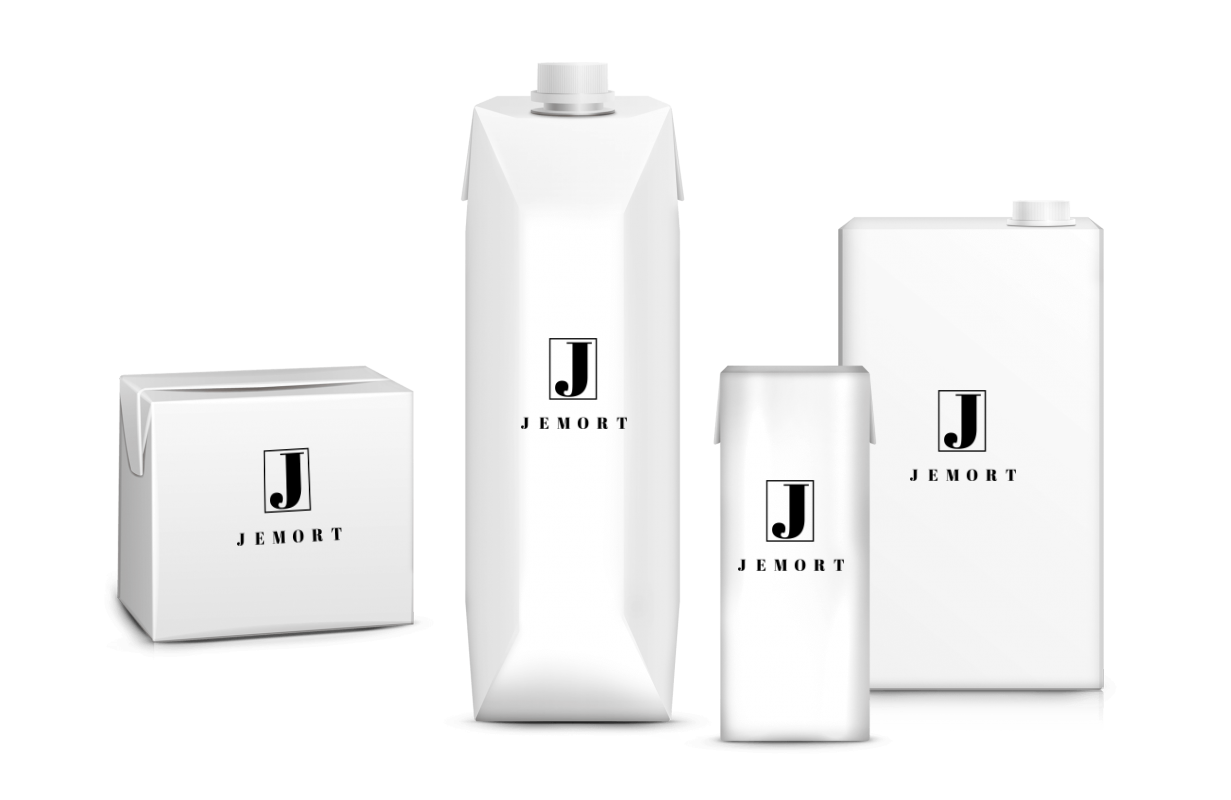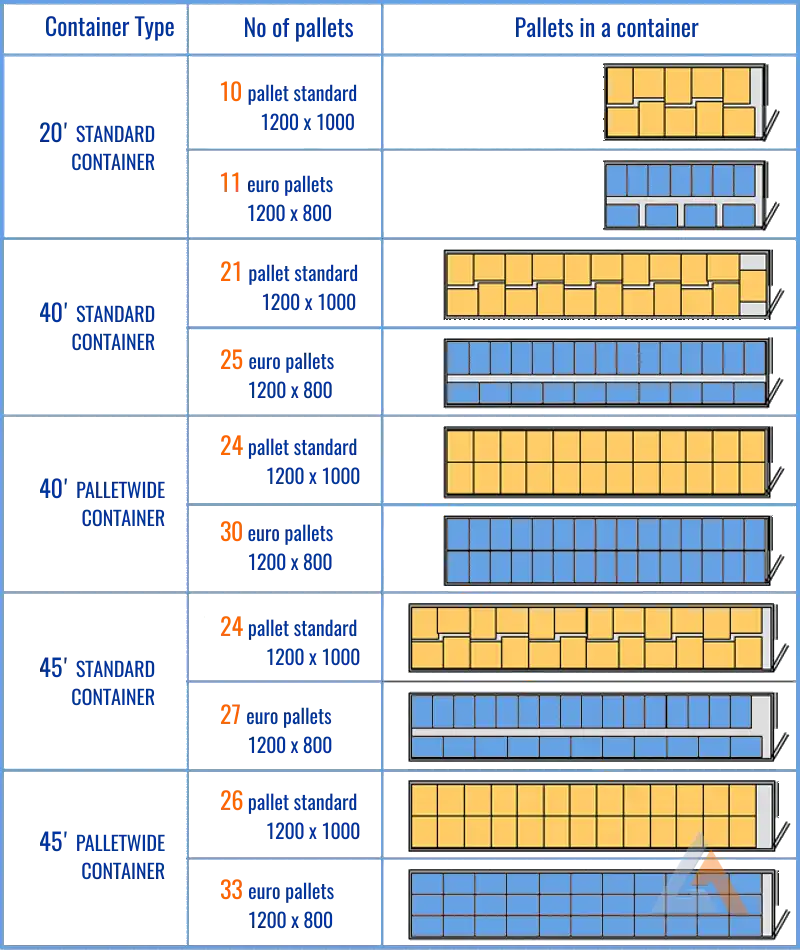Creating a private label Tetra Pak water product involves developing and selling customized water-based beverages packaged in Tetra Pak cartons under a retailer’s or brand’s name. Tetra Pak cartons are known for their convenience, portability, and environmental friendliness. Private labeling allows businesses to offer their unique water products without the need to establish their own manufacturing facilities.
Here’s an overview of the private label process for Tetra Pak water:
- Water Source: Choose a reliable and high-quality source of water, whether it’s natural spring water or purified water. The quality of the water source is crucial for the taste and overall quality of the final product.
- Tetra Pak Carton Design: Work with Tetra Pak to design the carton packaging, including the label, graphics, and branding. Tetra Pak cartons can be customized to reflect your brand’s identity.
- Filling Process: The water is filled into Tetra Pak cartons using specialized filling equipment. The cartons are sealed to ensure freshness and safety.
- Quality Control: Implement quality control measures to ensure that the water products consistently meet your standards for purity, taste, and overall quality.
- Regulatory Compliance: Ensure that your Tetra Pak water products comply with relevant food safety, labeling, and packaging regulations. Water quality standards and labeling requirements may vary by region.
- Distribution: Distribute the private label Tetra Pak water products to your retail locations, events, or other sales channels.
Tetra Pak cartons are known for their sustainability, as they are made from renewable materials and have a lower carbon footprint compared to some other packaging options. When marketing your private label Tetra Pak water, consider emphasizing the environmental benefits, quality of the water source, and convenience of the packaging.








